By Ejiofor Toochi
For several years, accessing affordable, efficient and safe transportation has posed a significant challenge for millions of Nigerians.
Citizens rely heavily on public transportation options like commercial buses and tricycles to reach their workplaces and destinations. But it has become increasingly inconvenient.
According to Statista, the public transportation market is projected to have around 155.00 million users by 2028. This surge in users will lead to more congestion for commercial buses (danfo), posing challenges for the average Nigerian.
READ ALSO: LASUTH: Hospital Faces Staff and Resource Shortages
There’s also the challenge of harassment and theft. The ‘one chance buses’ has made public transportation unsafe, with incidents occurring even during daylight hours. This insecurity extends to long-distance travel, putting an increasing number of Nigerians at risk daily.
As we enter 2024, it’s important for Nigerians, especially low and middle income earners to consider safer options while they try to save their money, as safety is paramount when it comes to transportation. Luckily, there are several options available, such as BRT, Ride-hailing services, and railway. These options offer alternatives for commuters.
The Bus Rapid Transit (BRT) offers commuters a comfortable, affordable and reliable means of getting around the city. Unlike regular commercial buses, known as ‘danfo,’ the BRT buses are fully air-conditioned, have lower fares, and even accept digital payments. The government will need to increase the capacity of this system to move more masses of commuters.
Ride-hailing services like Uber, Rida, InDriver, Lagos Ride, and Bolt have also gained significant popularity in Nigeria. The ride-hailing service has quickly overtaken taxis, especially in major cities. Some of them even allow passengers to negotiate the fare. And most importantly, they all come with decent security measures to ensure the safety of their passengers.
In addition to the well-established ride-hailing services, there’s also a privately owned bus-sharing service known as Shuttlers. It caters specifically to the needs of workers, offering a secure, cost-effective, and comfortable mode of transportation with the use of Coaster and Hiace buses. Unlike the BRT system, Shuttlers allows passengers to pre-book their rides, and offers a shared payment plan for both companies and their employees. More companies and their staff can adopt this to ease transportation costs.
The railway system is another great option. One of the most affordable mode of transportation in Nigeria. It is ideal for long-distance travel without the hassle of traffic jams. However, it’s important to note that Nigeria’s railway network only covers a limited part of the country. The network runs diagonally from the Southwest (Lagos) to Northeast (Nguru) and from the South-east (Port Harcourt) through Kafanchan to the North-East (Maiduguri). Additionally, the Lagos State Government recently introduced the Ikeja Blue Railway to facilitate transportation within Lagos State.
While many options provide affordable and safe transportation, their accessibility is primarily limited to major states in Nigeria. The removal of fuel subsidy and the increase in fuel prices in 2023, highlights the necessity for expanding cost-effective alternatives, such as the railway systems.
In 2024, to provide succor for commuters, the Nigerian government needs to invest in the creation of cheaper, safer, and reliable public transportation systems.
READ ALSO: More Youths Turn to Begging to Survive

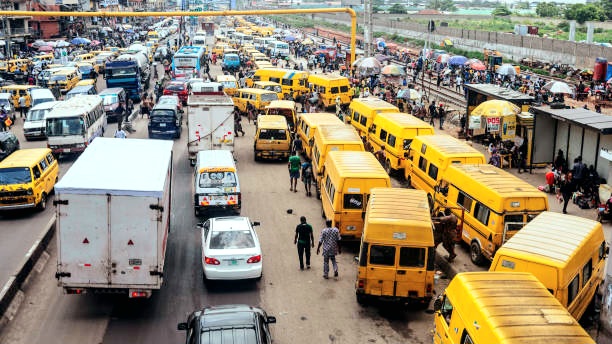
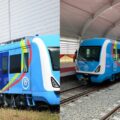
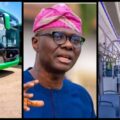

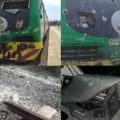


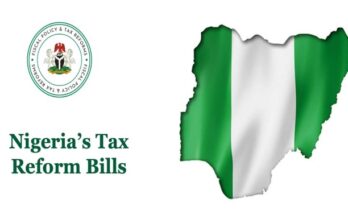
This is a really good read. I believe this is something the government should key into
Thanks for sharing this knowledge.